Stratfor: "Armenia's Protests Aren't Over"
 1429 Wednesday, 02 May, 2018, 13:10 The political unrest in Armenia is far from over. On May 1, the Armenian parliament held an extraordinary session to elect a new prime minister, but the vote proved inconclusive and may have a destabilizing effect. The only person on the ballot was opposition leader Nikol Pashinian, who has been leading large-scale demonstrations in the country since April 13. With Pashinian's encouragement, Armenians have taken to the streets in large numbers to protest attempts by long-ruling former President Serzh Sargsyan to become prime minister after changing the constitution to remain in power. Sargsyan succumbed to the protests on April 23, and Pashinian was heralded as the "people's candidate" to become prime minister and oversee upcoming elections. However, Pashinian was not elected, despite being the sole candidate for the office. He was only able to secure 45 of the 53 parliamentary votes necessary to become prime minister because — with only one exception — the entire ruling Republican Party voted against him. This was likely because Pashinian has consistently accused members of the Republican Party — including Sargsyan and acting premier Karen Karapetian — of corruption and called for their removal.According to Armenian law, the next step is for another vote to be held on May 8. Then, if a prime minister is still not elected, parliament will be dissolved and early elections will be held in 30-45 days. At the moment, it is unclear whether Pashinian will participate in the upcoming vote or, if he does, whether the Republican Party will vote any differently. But either way, Pashinian called on a crowd of tens of thousands of people assembled outside parliament on May 1 to continue protesting and to hold a total strike beginning May 2, including disrupting roads, railways and airports.Russia's Reaction: Armenia's key ally and security guarantor, Russia, has pledged it will not intervene in the country militarily. However, Moscow has been intimately involvedpolitically throughout the crisis. Pashinian has promised not to shift the country's strategic relationship with Russia if he is elected prime minister, a position he reiterated on May 1. Pashinian knows that Russia's backing is crucial for maintaining Armenia's security in its geopolitically difficult neighborhood, and Russia is less interested in who leads Armenia than in ensuring the country remains strategically oriented toward Russia. If Armenia's relationship with Russia is threatened, or if the country descends into chaos, then Moscow could be forced to reassess intervention. |
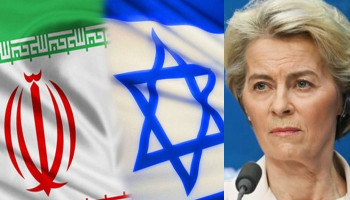
The EU reacted to the attack on Iran attributed to Israel
415Yesterday, 13:06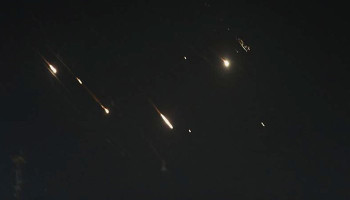
#ABC: Israel attacks Iran, sources say, drones reported over Isfahan (video)
445Yesterday, 09:24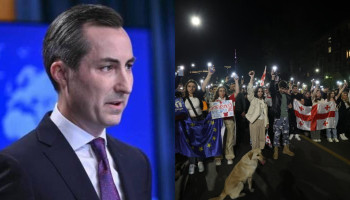
US slams Georgia’s ‘Kremlin-inspired’ foreign agent bill
45918.04.2024, 23:00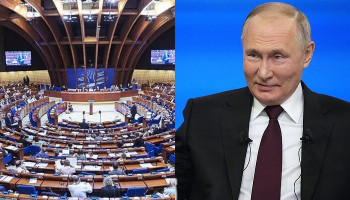
PACE: Putin illegitimate, Russian Orthodox Church propaganda instrument
49418.04.2024, 18:00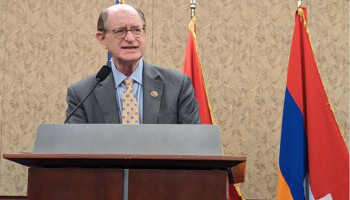
Brad Sherman: "True justice is when those people can return to their ancestral homes"
35818.04.2024, 13:00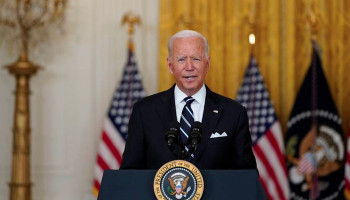
Biden urges Congress to end impasse and send aid to Israel and Ukraine
53318.04.2024, 09:54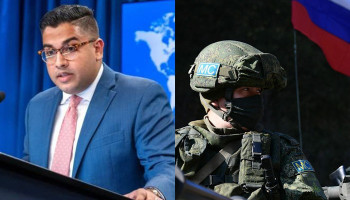
US State Department about withdrawal of the Russian peacekeeping contingent from Nagorno-Karabakh
38118.04.2024, 09:48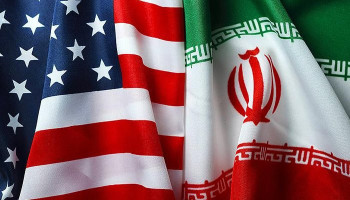
US to impose new sanctions against Iran after its air attack on Israel
63817.04.2024, 09:48
